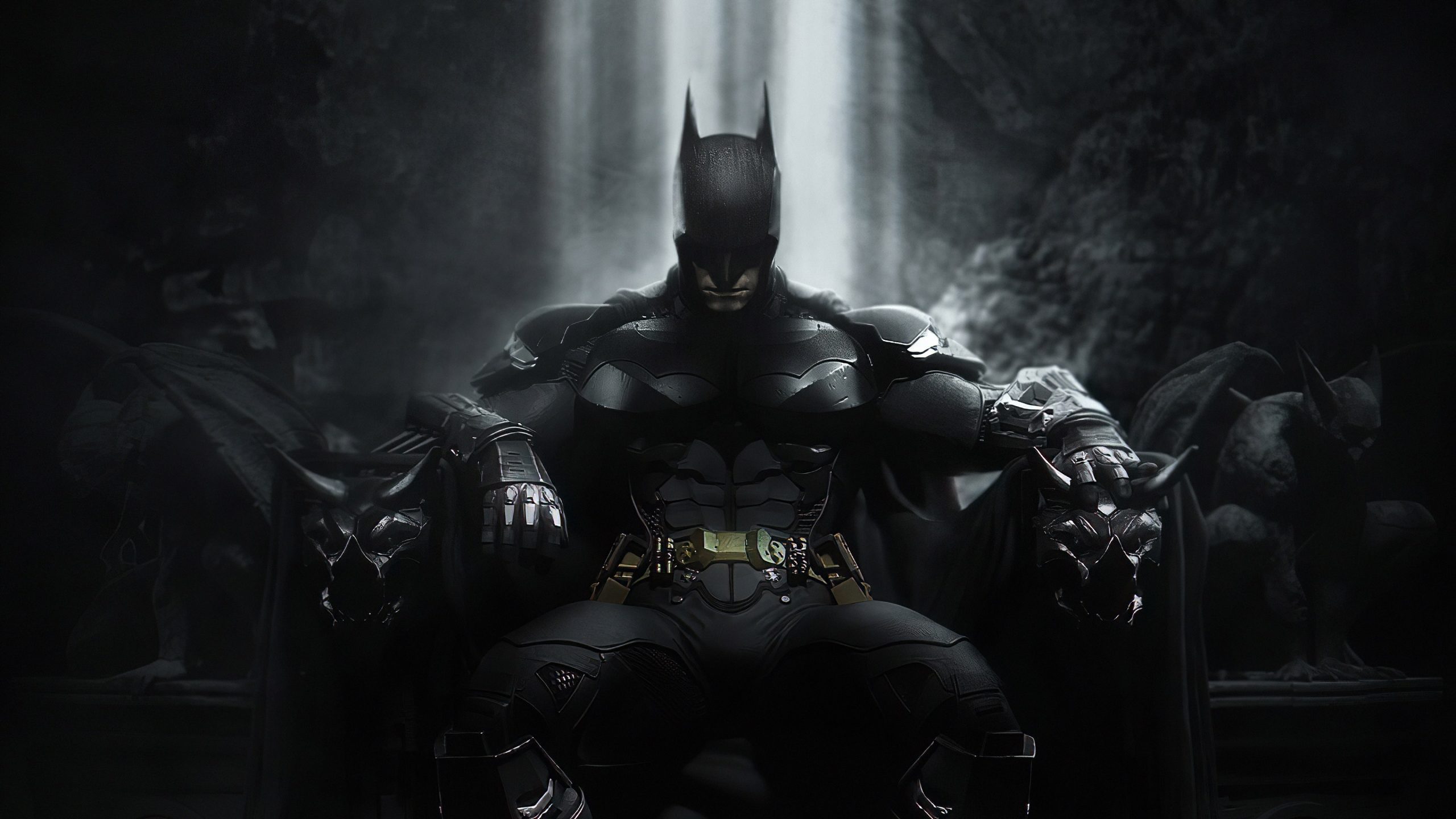The valedictorian at my high school gave a fiery graduation speech about her belief that life was about achievement. "Achievement is art!" she declared, and that statement has been burned into my memory ever since. Partly, this is because I shared that view with her, and partly because I had a huge crush on her at the time.
You can imagine my surprise when she turned out to have become a stay-at-home mom. What of the passion for achievement, I wondered? She explained later that she simply wasn't passionate about anything. Nothing. She does seem happy nowadays. I wish her well.
There is a good lesson in this for youths and adults everywhere: Passion is about as controllable as the tide at sea. There is no explanation for why some people throw themselves into the various activities they choose to pursue as passions. Some like to dance, others to read; some like to swim, others to learn languages; some love baseball, others gardening.
Difficult as it is for me to fathom, some people really and truly enjoy being Business Analysts -- they go to all the conferences, pursue all the certifications, they wake up early and crank through JIRA tickets for nine, ten, eleven hours, skipping lunch to have meetings about "roadblocks," and so forth. Well, it's not for me to understand someone else's passion.
But it isn't for them to understand it, either. Few of us as toddlers knew that we would grow up one day to be fascinated by baseball... statistics. Maybe some of us always loved football, but none of us imagined that we'd grow up to be thrilled by fantasy football. Most people don't become avid bird-watchers until later than life and, well, how does that happen? Nobody knows. It does happen, though.
As a youth, I believed that my passion was music. I played a lot of guitar. The truth is, though, that I wasn't a good guitarist until much later, long after I had abandoned music as my passion and had embraced it as a mere hobby. After my passion for music started to wane (at least as the driving force of my direction in life), I threw myself into another passion: economics. I loved it, and I did well in my studies at school, but the higher I went in the economics world, the less it seemed to ignite me as it had in the beginning. I graduated and took on a less high-minded form of economics, office work. I've done it ever since.
I'm good at what I do. I have a somewhat narrow set of expertise that is often in high demand, and I have a complete skill set around that kind of work. This keeps me gainfully employed and assigned to projects that I can safely say I do enjoy, for the most part. But I punch in early and go home after I've worked my hours. I have no interest in overtime, I'd much rather be at home, doing something else. I don't hate my work, but I'm no fan of work in general. I prefer fun.
So, that raises the question: Am I like my valedictorian friend? Do I, too, lack a discernible passion?
No. I do have a very fervent passion. It might sound cheesy, but my passion is love. From the moment I met my wife, I knew I wanted to love her; and from the moment we became committed to each other, I knew that our love was going to be the greatest project of my life. I have genuinely felt that way ever since. Moreover, upon the birth of my children, they became incorporated into this project as recipients and benefactors of my love, too. My project has expanded to include them.
The way other people describe their passions is how I describe my commitment to loving my family. I don't mean this in a "gosh, I love my family more than anything" sort of way. Everyone (who is sane) feels that. No, what I mean is that I drop everything I'm doing and forego all other aspects of my life for the opportunity to help my wife and children feel loved. They do feel loved, and they know how much I love them; but they also know how to receive love and, I certainly believe, are learning how to love the correct way, too. It's not merely an emotion to me or a stirring of the heart, it's a way of being. It's a way of treating people, a way of reaching out to them, a way of taking on their hardships as my own, and a way of relying on others when we need someone to rely on. It is a modus operandi, a manifesto.
Well, I don't get paid for this. Some people are lucky enough to be passionate about their work, while others happen to be passionate about an outside interest that means a lot to them. Fortune has assigned me the passion of loving my family over and above what most people understand love to be, and has given me a keen interest in the acts of love and their accoutrement.
Passion can be for anything, you just have to throw yourself into it. You won't always be paid for your passion; in fact, most of us never will be. But that doesn't mean you can't or shouldn't pursue it, and it doesn't mean your life won't be infinitely better for having done so.
